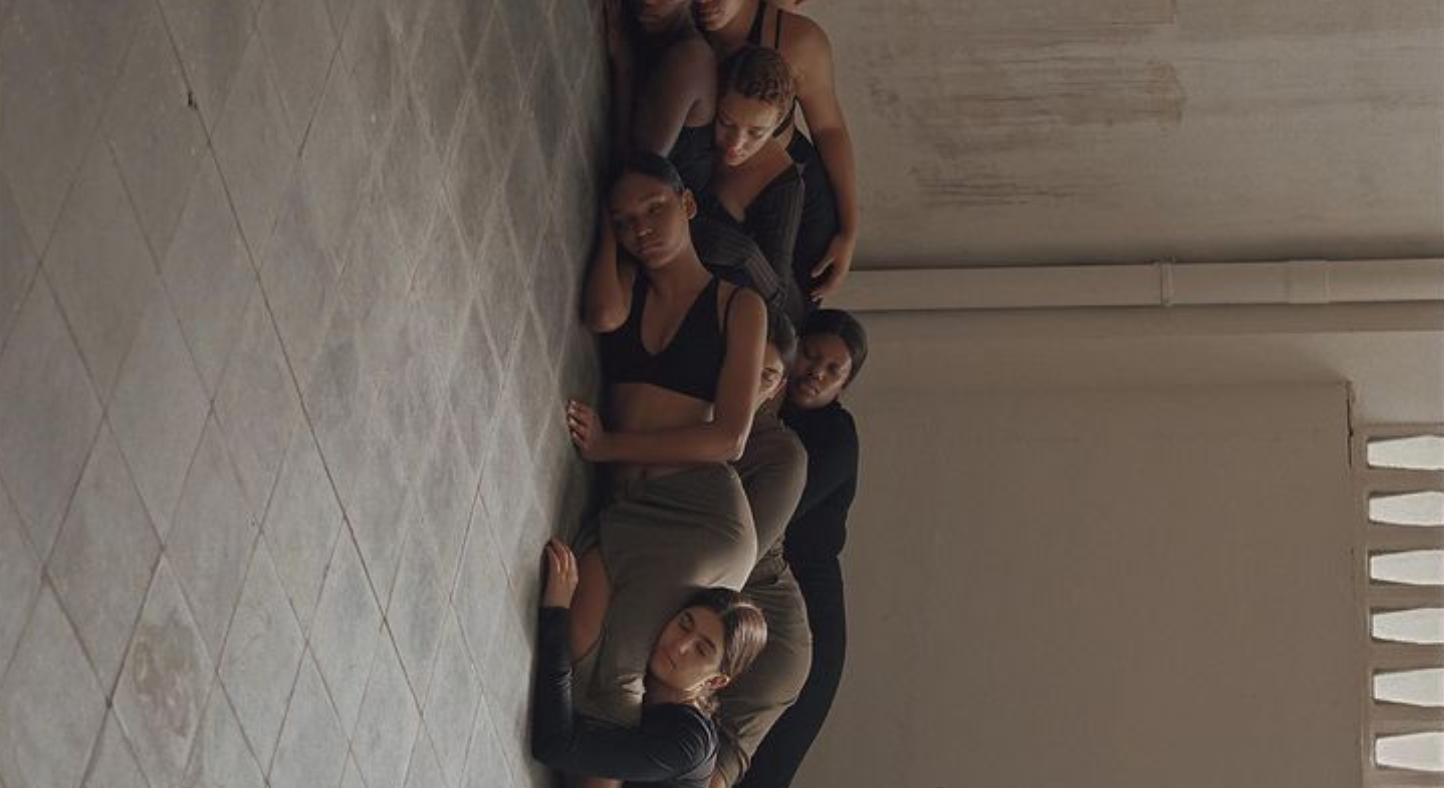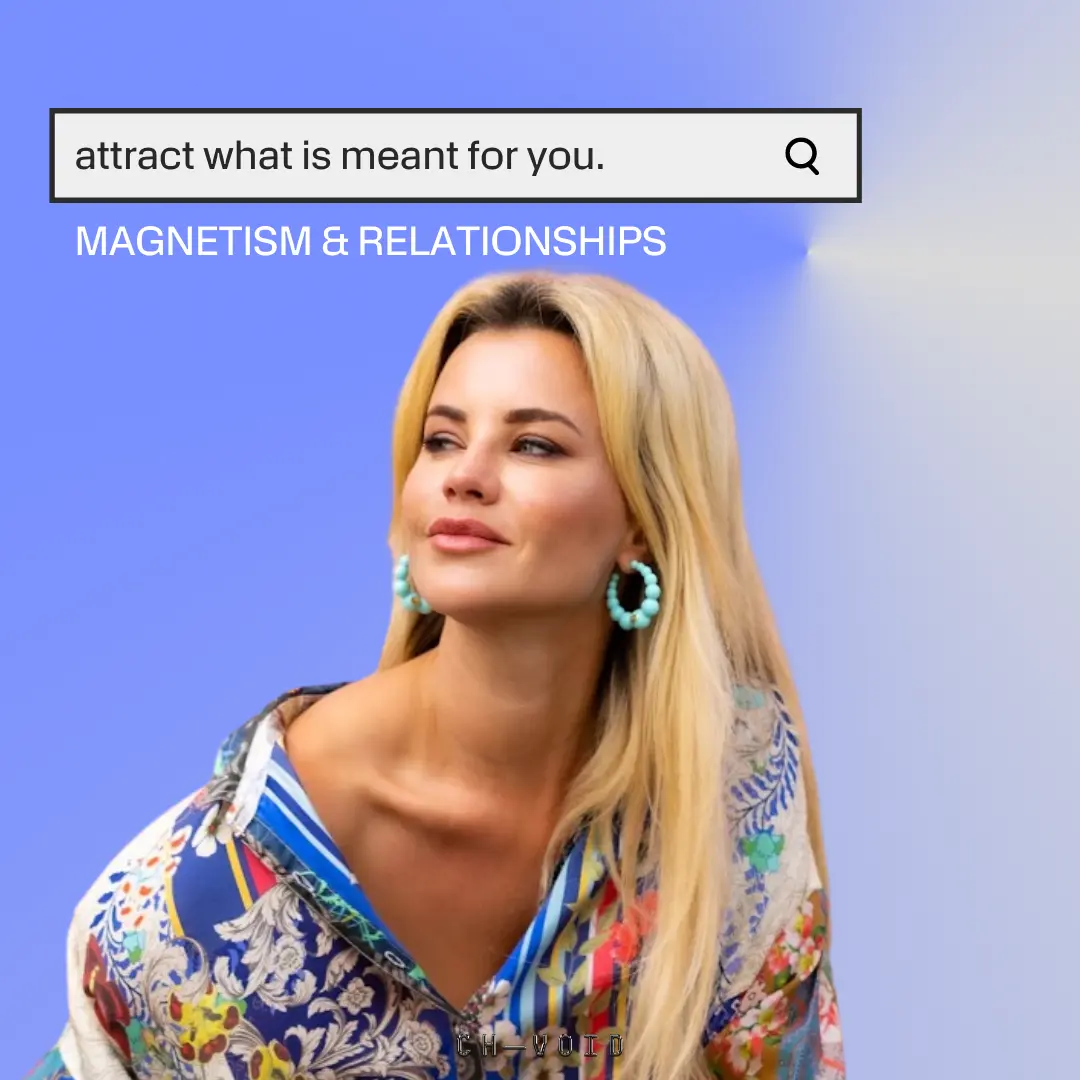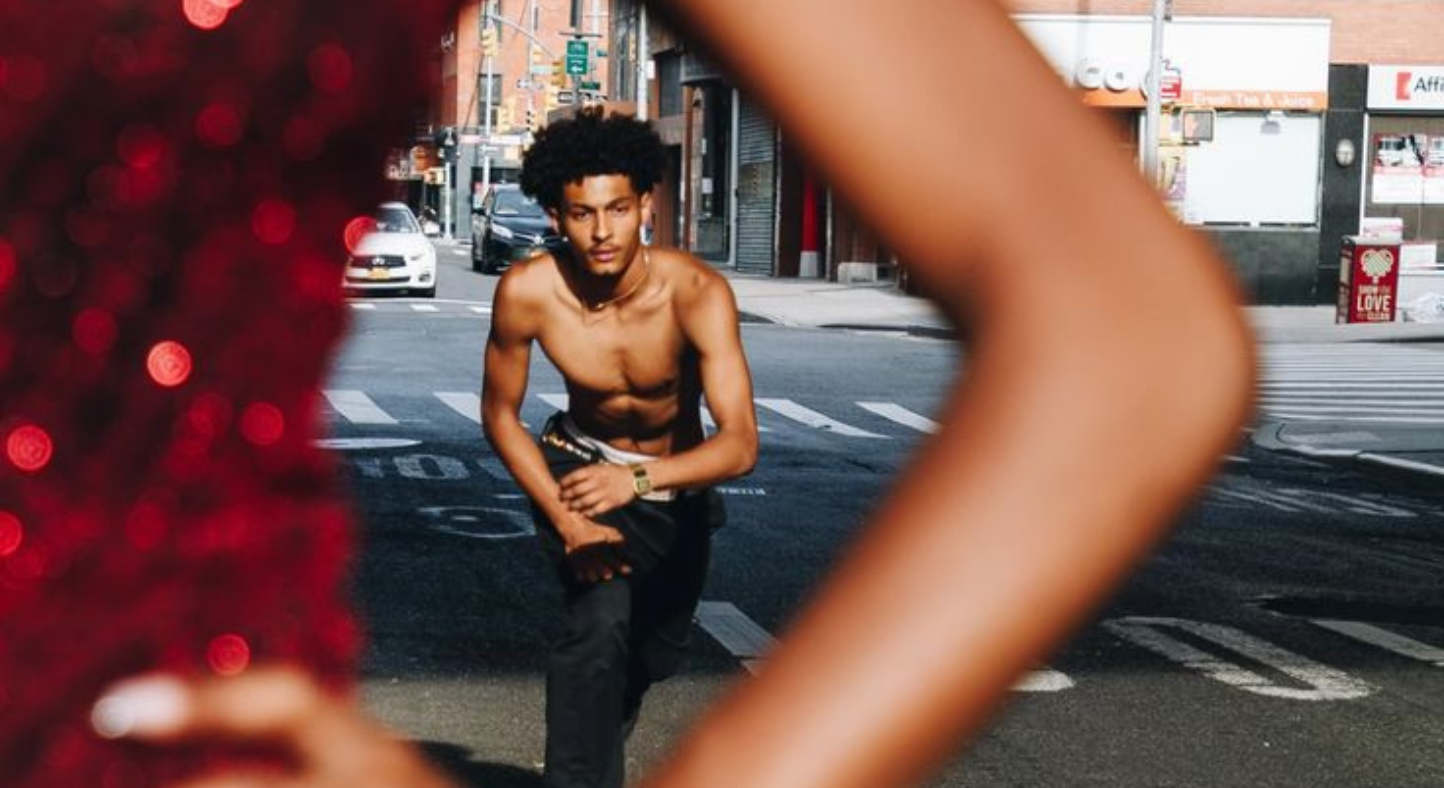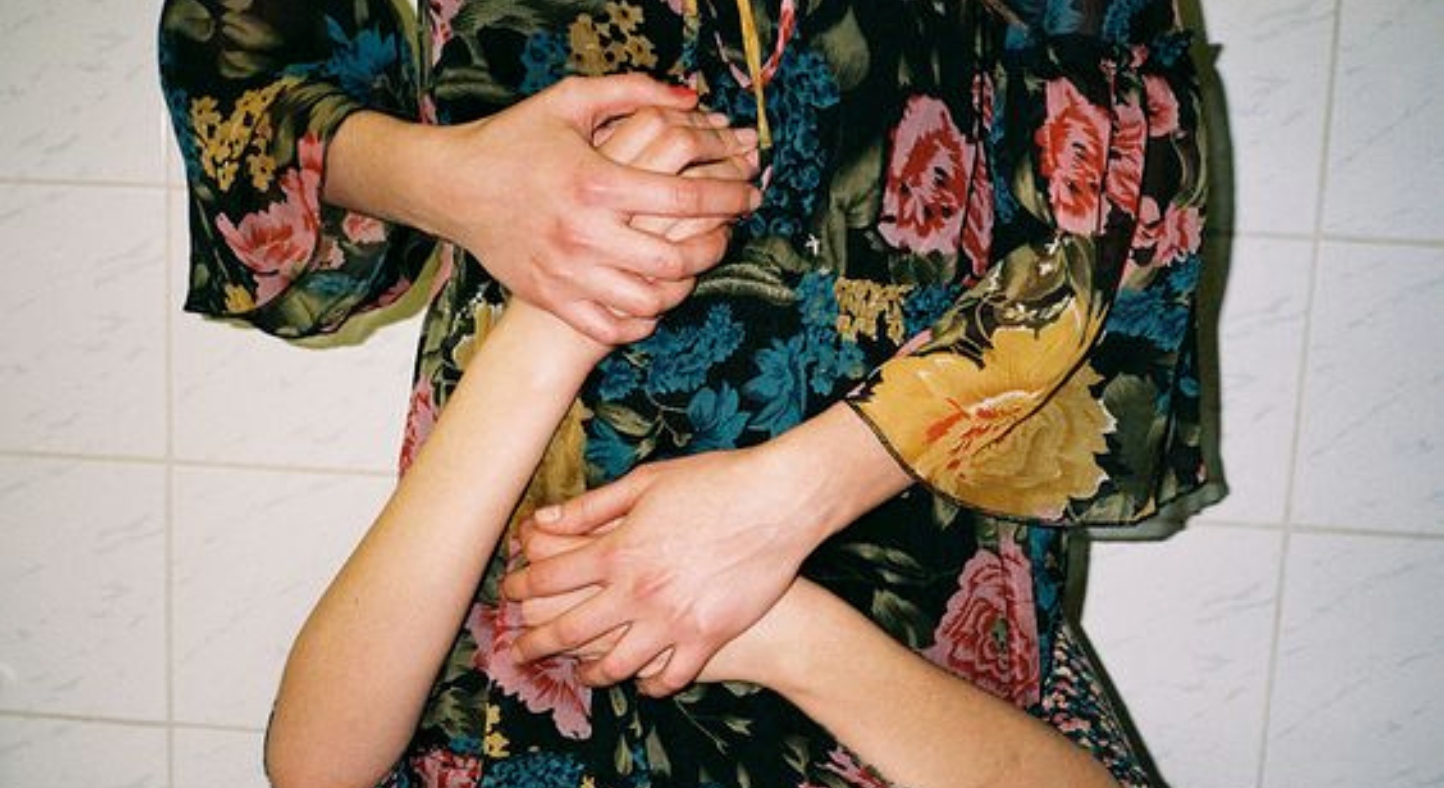Is this yours to carry?
How ancestral experiences shape our fears, hopes and behaviours.
Trigger warning: this article mentions the holocaust and survivors of trauma.
Psychology research tells us that we can carry the experiences of our lineage in our very bodies. That our unique lineage can inform parts of us that show up through anxieties, mental health challenges, hypervigilance, interpersonal challenges and patterns around guilt or shame – all of which are not direct products of our own lived experiences. This is what we can call intergenerational or transgenerational trauma.
As early as the 1970s, studies began demonstrating this intergenerational connection which could stem back through multiple generations. The first studies began with understanding the psychological landscape of generations proceeding holocaust survivors. What was beginning to be uncovered through this lens of a deep collective trauma experience was the way trauma could be passed down both consciously and unconsciously. That it was not simply learned trauma through hearing and observing their parents or grandparents.
Here’s an example that came from the research: it was not only the effect of a young person hearing “never touch the kettle when it’s boiling” over and over, that they learned that kettles can be hot and dangerous and painful. But as if to say, the young person already had an unconscious internal knowing that the hot kettle could hurt them. In fact, they could even fear the thing all together without fully knowing why.
Another thing we can learn from this is how the experience of trauma in generations before us can affect the parenting and attachment style in which we are raised by our parents or carers. The idea that identity is formed through the collective via group processes which are mirrored, repeated, or re-interpreted down through the family circle is not a new one.
As you may have seen on Gwyneth Paltrow’s semi-cringey but equally addictive show Goop, ‘family constellation therapy’ is a psychotherapeutic style which honours and explores the power of transgenerational and intergenerational trauma and knowing. The process works through imbuing strangers with the embodied qualities of current and historical family members down the lineage to understand where trauma may have occurred or been transferred in the family line, and who may be ‘carrying’ it on behalf of who.
Trauma certainly isn’t a matter of ‘who has it worst’. While most people do undergo a big trauma of some kind as part of their earthly experience, it is often an intensely personal journey. An experience which can resurface through seemingly small stressors or triggers to the outsider’s eye. So be kind, always. And make an effort to honour the tenderness and messiness of a collective holding an array of individual and family trauma.
I hold an invitation for you to gently reflect on the weight of this understanding. I also open you to the possibility it offers to release pain and suffering that is, perhaps, not yours to process or carry.
Imagine a holy fire receiving that from you now.
Take a breath. A big exhale. A few of those.
Enter the concept of transgenerational healing. Where are the decisive moments where someone in the family line did something brave that pivoted the trauma transference?
SPEAKING OF THE GREATS
When you speak soft words with your family, ask what they know of the great greats of your family. Get curious and let them speak about their memory of people. Births, deaths, moving between places, the environments they were in, and the quality of their relationships. You can also research this through ancestry sites and DNA mapping.
Don’t just focus on where it hurts though. Try to read between the lines, too. Where were the moments of healing?
Ps. Remember that our present intimate relationships have the potential to alter our future family lineage. What patterns can you break there? Your relationship is a vehicle for intergenerational transformation just as much as you are.
LISTENING FOR TREMORS AND GLIMMERS
When listening, researching or speaking with your lineage, notice any emotions or sensations that come up in the body. Does hearing about a certain event of your grandfather’s life make you feel deep rage? Maybe there is something in that for you to unpack. Is it yours or theirs? Has their experience mirrored down into your life experience in any way?
Keep tracking it all. Your family map is utterly magic. Full of secrets to unlock. Impossible to replicate. Does learning about the secret poetry your great great grandma wrote make you feel energised, creative and excited? That, my love, we can call a glimmer. Channel that. Channel her. Now that energy is something you can work with.
When we understand this, we get to start choosing and working through the gifts we want to receive guidance from and the fears and generational traumas that likely aren’t actually keeping us safe, but blocking us from fully experiencing life.
VISITING SACRED SPACE
One of my favourite rituals is to visit spaces where things have happened to myself or down my family line. Going to these places which hold a sacred or potent meaning to myself, close relationships or lineage.
When you go to these sacred places, places of joy and sorrow, intentionally send whatever you feel that is of the highest good outwards. I usually go for: hope, love, trust, guidance, gratitude, and resilience.
In both directions, push it out from the body in that present moment, toward both the past and future. Feel it rippling through to be felt by both the ancestors passed and the generations to come through your body. Even if only to be held in your arms one day.
A proclamation of:
“I am here. I am loved. I am safe. we survived. I am living. I am really living.”





















